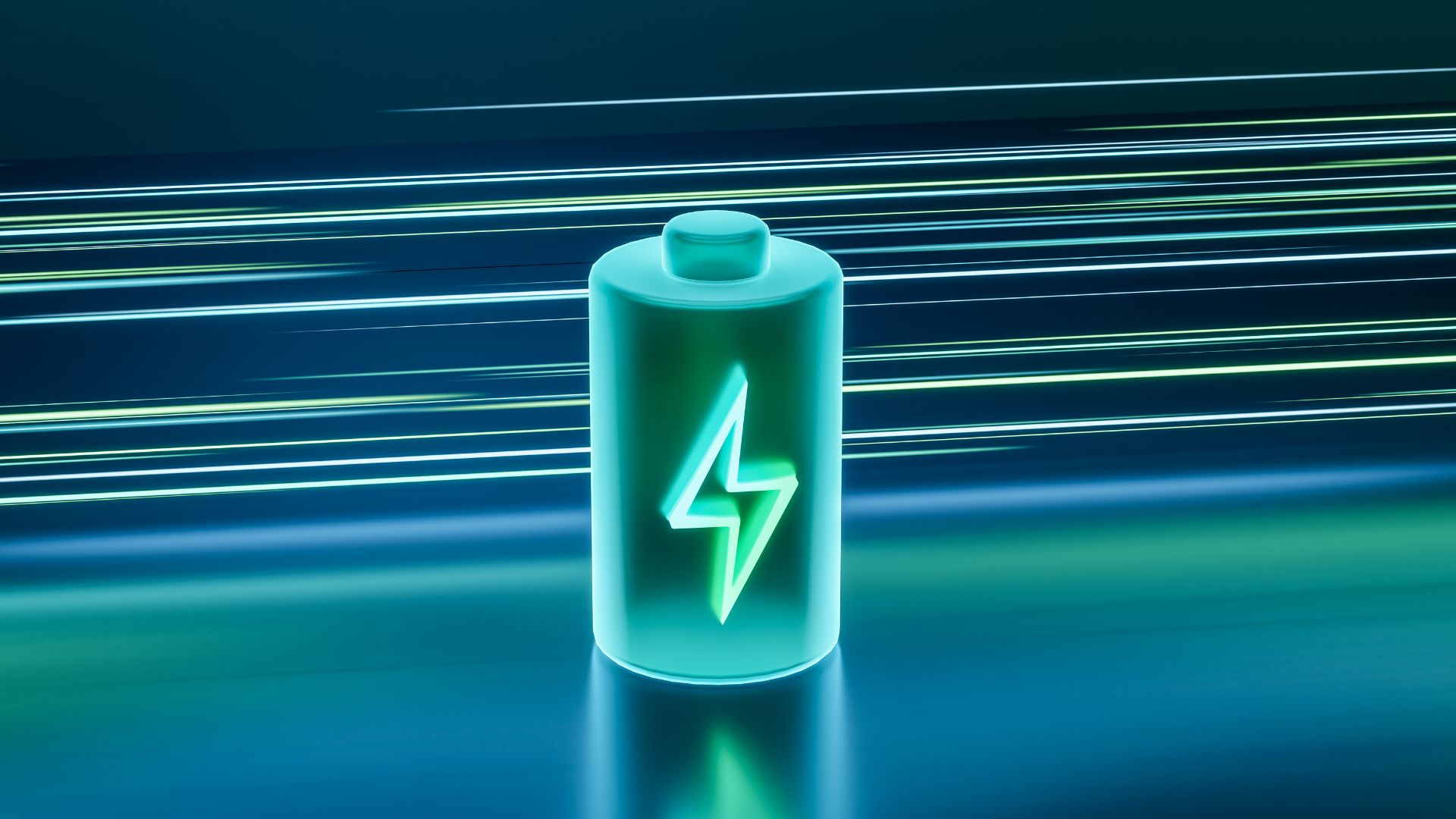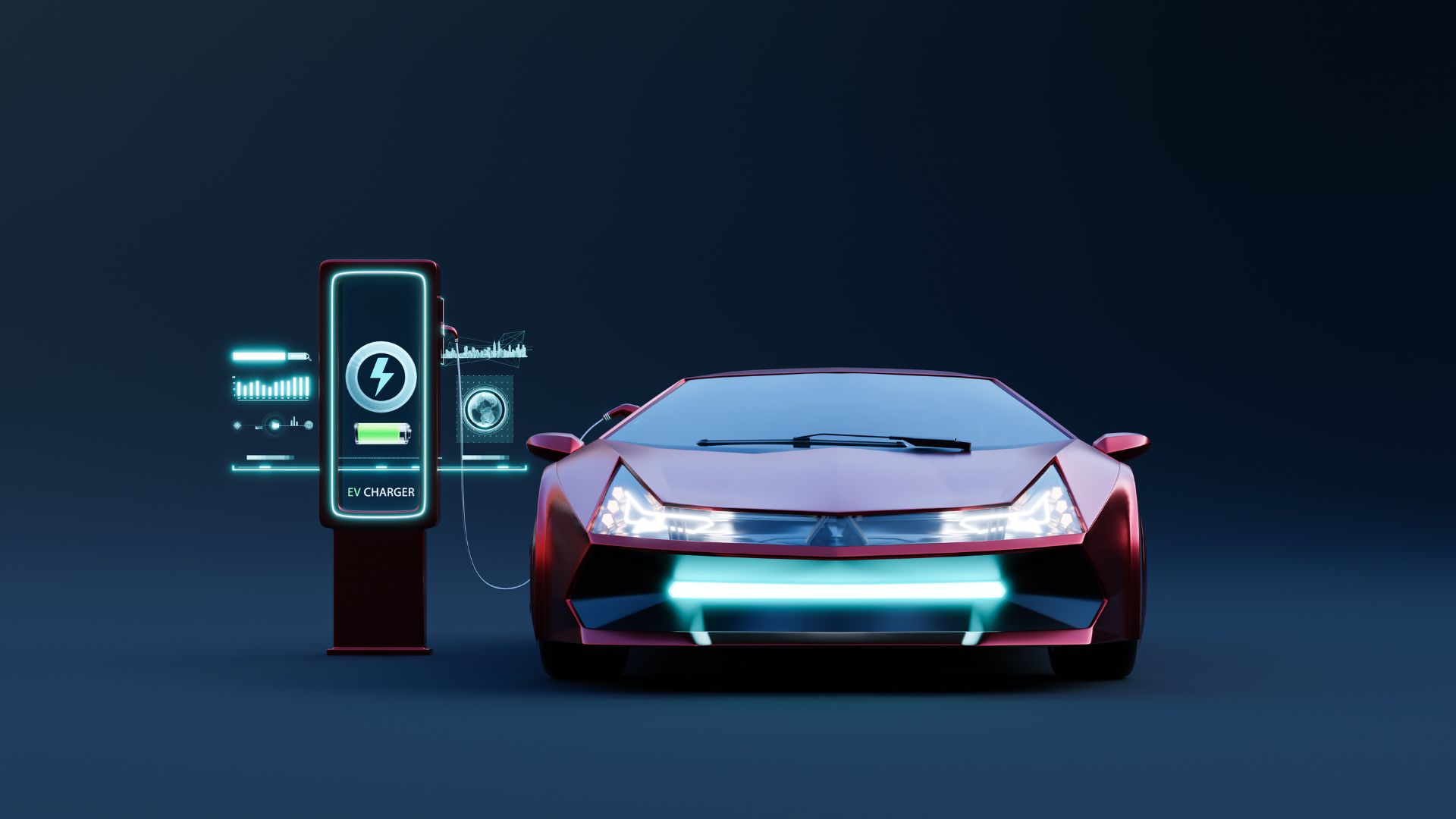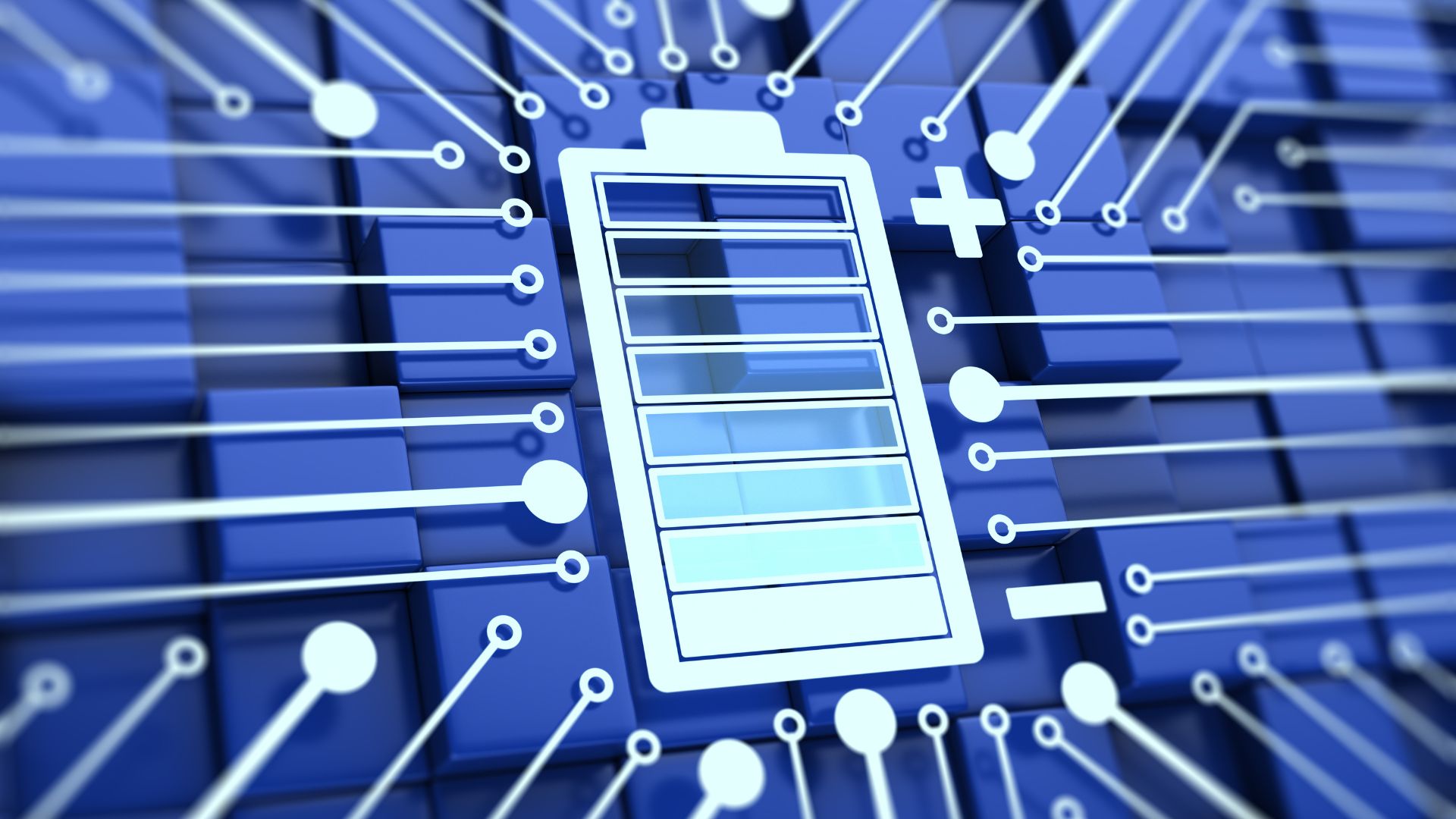The Future of Electric Propulsion: Advances in Battery Technology

As the world shifts toward cleaner energy solutions, electric propulsion is at the forefront of revolutionizing transportation. Advances in battery technology are critical to improving the efficiency, range, and affordability of electric vehicles (EVs) across various industries, from personal cars to aviation and maritime transport. While lithium-ion batteries remain the standard, researchers are exploring next-generation battery chemistries that promise faster charging, longer lifespan, and greater sustainability.

One of the most promising developments is solid-state batteries, which replace the liquid electrolyte found in conventional lithium-ion cells with a solid alternative. These batteries offer higher energy density, reduced fire risks, and longer lifespans, making them a game-changer for EVs. Companies like Toyota, QuantumScape, and Solid Power are racing to bring solid-state batteries to mass production, with the potential to significantly increase driving range while cutting charging times.

Beyond solid-state technology, lithium-sulfur and sodium-ion batteries are also emerging as strong contenders. Lithium-sulfur batteries provide higher energy storage capacity while being lighter and more cost-effective, though challenges like short cycle life still need to be addressed. Sodium-ion batteries, on the other hand, offer a more abundant and sustainable alternative to lithium-based solutions, reducing reliance on rare earth materials. Companies such as CATL and Faradion are making strides in commercializing this technology for energy storage and transportation.

Another key breakthrough is ultra-fast charging technology powered by improved anode materials, such as silicon and graphene. These materials allow for more efficient ion movement, enabling batteries to recharge in minutes rather than hours. Meanwhile, wireless and bidirectional charging technologies are enhancing the convenience of EV adoption by enabling vehicles to function as mobile energy sources, feeding power back into the grid when not in use. With continued investment in battery innovation, electric propulsion is poised to surpass the limitations of traditional combustion engines and accelerate the transition to sustainable transportation.

Newsletter
Every week, we send out latest useful news. Subscribe and get the free newsletter in your inbox.
